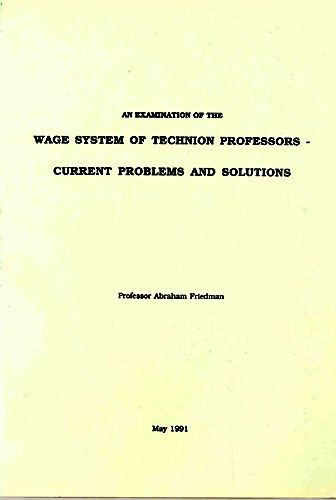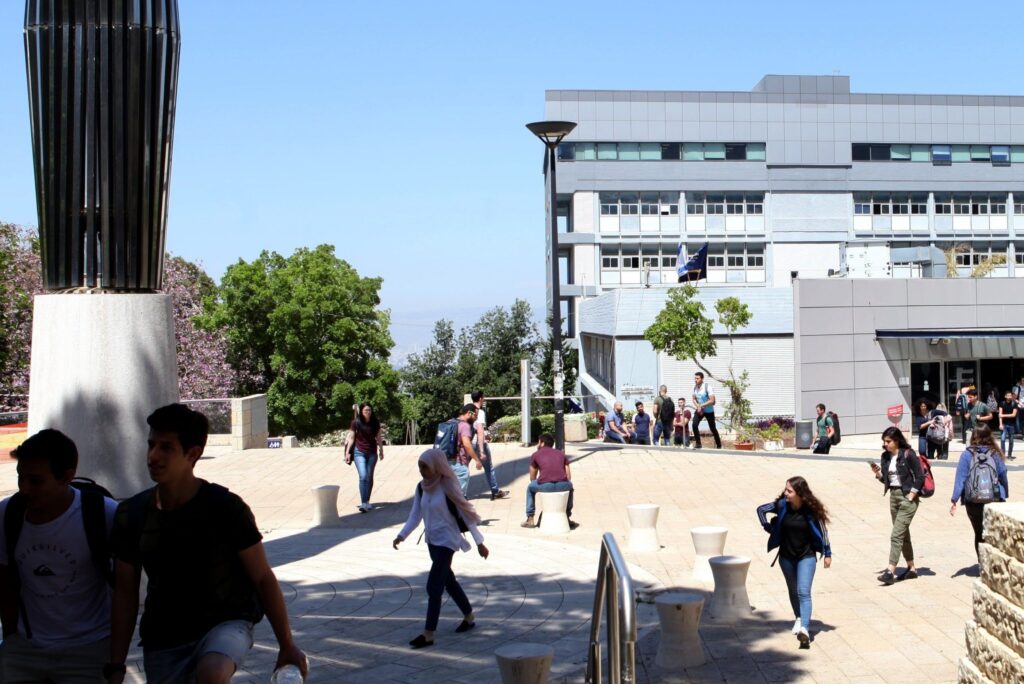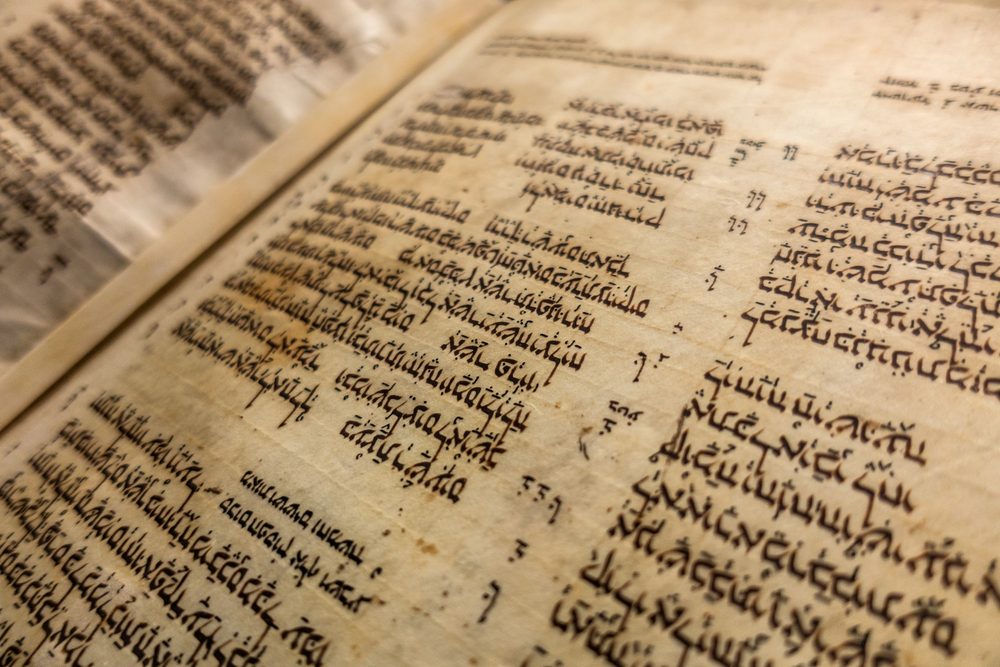The salaries of about 90% of the wage earners in Israel are set through collective bargaining. About 90% of these wage earners are represented by one labor union – The General Federation of Workers (Histadrut). Salaries at the Technion, like in all the public sector are set through collective bargaining. The union that represents all the university professors in Israel is the coordinating committee of the professors’ unions, in which the union of Technion professors is a member.
Salaries in the public sector in Israel are controlled by the Ministry of the Treasury. According to the Basic Budget Act, no budgeted or supported organization can raise or change its salaries without the consent of the Ministry of the Treasury.
The custom in Israel is to have three tier bargaining structure:
(a) The national level – package deals, framework agreements, cost of living escalation agreements, etc.
(b) The industry – craft level in the public sector – mostly craft.
(c) The local level – the workplace agreement – in the public sector these agreements are usually opposed by the Treasury. Thus, they take the following forms – wage drift, specific allowances, reimbursement of expenses that were not incurred, etc.
The current situation of the Israeli labor market is one of high rates of unemployment which are expected to rise. The economic situation in the private sector is one of instability, the threat of work-force reduction or even closing of work places are imminent. Yet, in the public sector work-place security is much higher, thus, labor unrest, can be expected if feelings of wage inequity, exploitation, etc. exist.
In addition the following contracts apply to Technion professors.
(a) The national agreement on cost of living allowance (Tosefet Yoker), which is applied through an extension act that covers all wage earners in Israel.
(b) The special collective agreement between the universities and professors’ unions in relation to multi annual salary comparisons. This agreement was signed on June 19. 1986 and its expiration date is September 30, 2011. The role of these wage comparisons is to compensate university professors for the wage drift applied to other professionals – engineers, academics in humanities and social sciences. The most recent comparison was concluded about two months ago.
By these two contracts university professors are assured the same salary adjustments as other professionals in the public sector.












